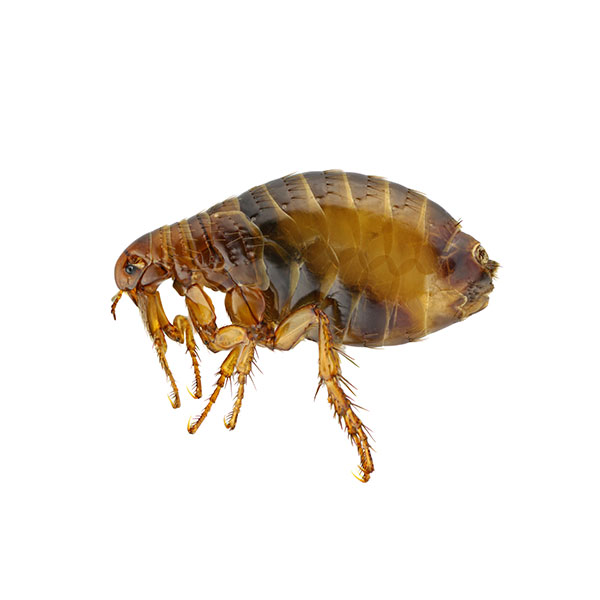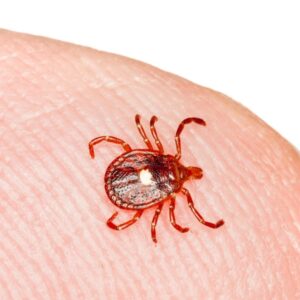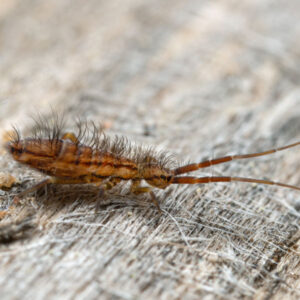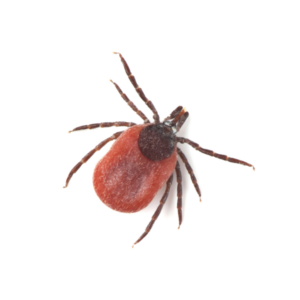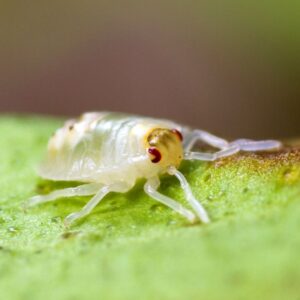Fleas in The Mississippi Gulf Coast
Fleas are small, wingless blood-sucking parasites that live on the exterior of their host. Adult fleas feed only on the blood of warm-blooded hosts, which they must obtain in order to survive and reproduce. Fleas are the most common ectoparasites found on cats and dogs, so they frequently turn up as household pests. Fleas are annoying to people and pets, especially during spring and early summer when their numbers tend to increase dramatically.
Flea Habitat
Fleas thrive in many climates but prefer moist, humid, and shady areas. The area underneath a porch or deck can turn into an overwintering site. Areas with tall grass, leaf litter, weeds, wood piles, gravelly areas, and sandy patches are all attractive to fleas. Even the tiniest crack in the concrete can harbor fleas and they especially shrubs, leaves, and trees, but do not fare well in sunny areas or open grass. Fleas usually enter structures attached to pets, and they can quickly find refuge in homes. Flea larvae do not like the light so carpets, bedding, pet beds, and upholstered furniture make cozy homes for fleas, flea eggs, and flea larvae.
Flea Behaviors, Threats, or Dangers
Fleas feed mainly on non-human animals but may bite and infect humans. Bites from fleas look like small red dots and may occur in two or three groups or clusters around feet, ankles, and legs. Though they may trigger allergic reactions, flea bites will not often have a serious impact on a person’s health. However, some people and pets suffer from flea bite allergic dermatitis, characterized by intense itching, hair loss, reddening of the skin, and secondary infection. One flea bite can initiate an allergic reaction, and itching can persist for up to five days after the bite.
If you are dealing with a flea infestation, contact your local flea exterminators for help.
Need help with Flea control?
We'll call you! Leave your information below.

